Immigration Services
We help businesses, families, and individuals navigate the immigration process and reach their goals
Corporations / Employees
Families
Individuals
Investors
Students
Victims
Immigration Services
Main Menu
L Visa
Intra-Company Transferees (L-1A or L-1B Visas)
The L Visa is used by multi-national corporations that wish to transfer key foreign employees to an affiliate or office in the United States. Foreign-held organizations that intend to open a new branch or subsidiary in the United States will also use the L Visa to send their employees stateside in order to get the work done. Entities based in the United States may petition for an L Visa on behalf of an foreign national who has been employed for at least one continuous year out of the three years preceding the application by an organization with a qualifying relationship to the U.S. entity. The foreign national must be assigned to the position in the United States for the purpose of occupying a managerial or executive position (L-1A), or a position utilizing specialized knowledge (L-1B).
Qualifying managerial duties under the L-1A classification may entail managing other employees who hold supervisory positions, or it may involve a leadership role with responsibilities covering in-house professionals. Alternatively, a manager may be responsible for some essential function within the organization, as opposed to managing other employees. Executive duties, as defined under this classification, entail establishing goals and policies, exercising discretion over the corporate decision-making process, and other such C-Suite duties and tasks.
An L-1B, on the other hand, is based on the beneficiary possessing specialized knowledge, which is generally satisfied if the knowledge in question:
pertains to the organization’s products and/or services,
provides some linkage between those products and/or services and the international market,
cannot be readily transferred or assumed by other employees within the organization, or
consists of an advanced level of knowledge specific to the processes and procedures of the organization at a fundamental level.
The spouse and any minor children of the L Class non-immigrant are permitted to accompany them as derivative dependents with the L-2 Visa. L Visa holders are allowed “dual intent,” meaning they are not required to prove that they are maintaining a foreign residence with specific intention of returning to it.
Some common issues that come up while petitioning for an L Visa include
the previous employment of the alien,
the corporate relationship between the U.S. and the foreign-based organization,
the classification of the alien’s intended employment in the U.S., and
the nature of the alien’s previous employment with the foreign-based organization.
An L-1B, on the other hand, is based on the beneficiary possessing specialized knowledge, which is generally satisfied if the knowledge in question:
pertains to the organization’s products and/or services,
provides some linkage between those products and/or services and the international market,
cannot be readily transferred or assumed by other employees within the organization, or
consists of an advanced level of knowledge specific to the processes and procedures of the organization at a fundamental level.
The spouse and any minor children of the L Class non-immigrant are permitted to accompany them as derivative dependents with the L-2 Visa. L Visa holders are allowed “dual intent,” meaning they are not required to prove that they are maintaining a foreign residence with specific intention of returning to it.
Some common issues that come up while petitioning for an L Visa include
the previous employment of the alien,
the corporate relationship between the U.S. and the foreign-based organization,
the classification of the alien’s intended employment in the U.S., and
the nature of the alien’s previous employment with the foreign-based organization.
The critical element, following those questions, is whether the proposed role in the United States qualifies as a manager, executive, or an employee with specialized knowledge.
In addition, major U.S. corporate entities having at least 1,000 employees and annual sales of at least $25 million, who are engaged in commerce or trade and have previously applied for at least ten L Visas within a preceding 12-month period may qualify for a “blanket” L-1 petition. This petition waives the requirements for submitting corporate information, entity relationships, and similar such details for each prospective beneficiary, saving a great deal of time and expense.
Canadians applying for an L Visa may utilize the expedited process provided by the North American Free Trade Agreement, under which a petition may be presented at most border crossings and airports where, typically, it is adjudicated on the same day.
In addition, major U.S. corporate entities having at least 1,000 employees and annual sales of at least $25 million, who are engaged in commerce or trade and have previously applied for at least ten L Visas within a preceding 12-month period may qualify for a “blanket” L-1 petition. This petition waives the requirements for submitting corporate information, entity relationships, and similar such details for each prospective beneficiary, saving a great deal of time and expense.
Canadians applying for an L Visa may utilize the expedited process provided by the North American Free Trade Agreement, under which a petition may be presented at most border crossings and airports where, typically, it is adjudicated on the same day.
